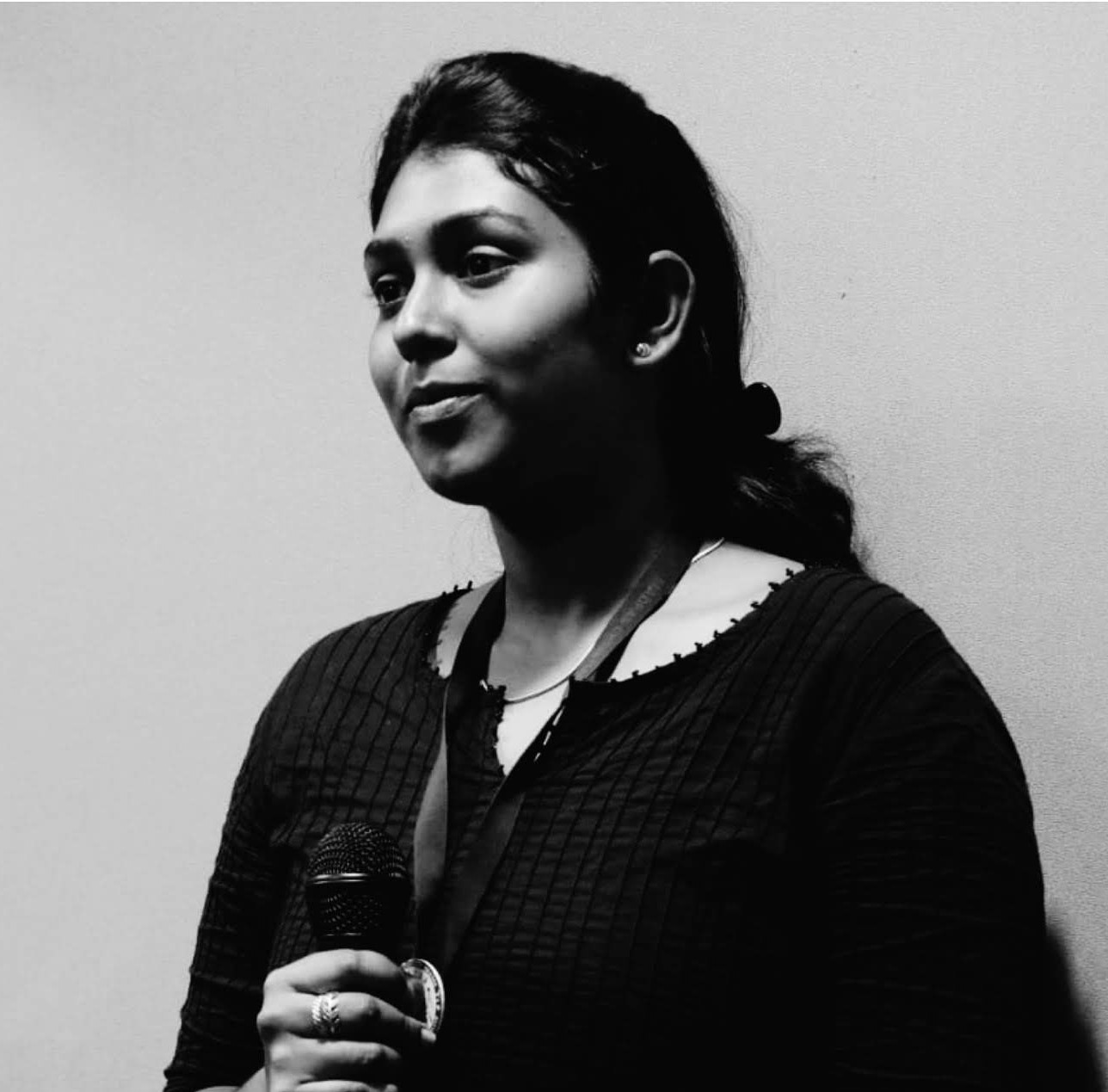Netflix’s Never Have I Ever is a whole bunch of Indian clichés

Dharshana Kathiresan, INN/Chennai, @Infodeaofficial
This Netflix High school drama had promised an Indian touch but indeed was home to several stereotypes. ‘Never Have I Ever’ is a story of the hardships of an Indian teen who struggles to find her identity in her American society.
A great hype was created for the show, as the makers were Mindy Kaling and Lang Fisher. It is rare to find a South Asian girl, a Tamil refugee from Sri Lanka, whose family has moved to Canada, plays the lead role in an American drama. Maitreyi Ramakrishnan plays the role of ‘Devi Vishwakumar’, the female lead. Sassy and spirited, she brings life to her character, a teen trapped between her desi family and her hope of rocking the High school. In the introduction, we see her praying to a group of gods asking for popularity, success, and a boyfriend, with which she plans to survive.
This teen comedy is highly similar to many other shows of the same genre. It’s filled with clichéd portrayal of characters based on the 20th-century Indian mindset and the conversations between the roles are stale. The show could have been a great development in terms of script and the description of Indian characters. Especially, the acting of the ‘Indian aunties’ was heavily criticized, along with their super-amplified accents. It is miserable to know that the west hasn’t still moved past the regressive depiction of India.
The show checks off every single stereotype connected with Indians – over-protective conservative parents, arranged marriages, nerdy children, mean aunties and the typical, Hindu society’s celebration of the Ganesh Puja festival, where the society members register their inconsiderate behavior (also the scene is replete with elephants and includes a shot of Durga Puja – an entirely different festival).
Devi lives with her mother Nalini, played by the talented Poorna Jagannathan and her cousin Kamala (Richa Moorjani). Kamala is shown to be a victim of her society’s expectations. This confused Caltech student is under tremendous pressure to settle down in an arranged marriage style, with a rich engineer.
Devi’s widowed mother, Nalini, is treated insensitively by the people of her Indian group, indicating the socially ostracized treatment of widows and divorcees in India. Her delineation in the series is somewhere in between figuring out whether she is a conservative South Indian mother clinging to her desi beliefs or a modern dermatologist dealing with her anxious daughter.
Even with its flaws, the story takes you into the lives of Devi and her best friends Eleanor and Fabiola, who have interesting storylines of their own and are fun to be with. The other two supporting characters – the school sweetheart and Devi’s crush, Paxton Hall-Yoshida, and her archenemy, the lonely nerd Ben Gross – are written well enough and enjoyable.
As Devi explores her love interests in school, she goes on to figure out what really is behind her behavior and addresses her grief. Hopefully, we can expect a season 2 with much fewer stereotypes.




